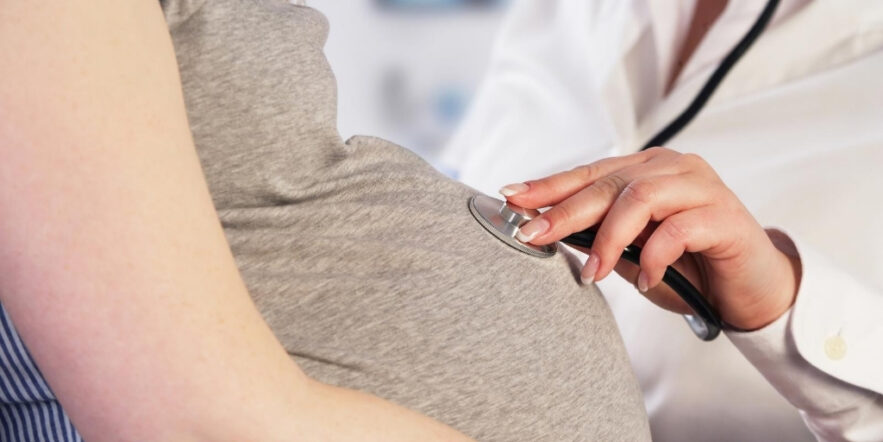Much has come out regarding COVID-19 (shocker), so we’ve put together a special COVID-only news roundup to keep you up to date. Most of it — mainly, the part about COVID potentially affecting babies and how chloroquine is really not a safe bet — is bleak. But, we end with some good news — medicine to treat COVID-19 may be here sooner than we thought.
COVID-19 May Effect Embryos
Women who are exposed to COVID-19 may have more complicated pregnancies a new study, published in Open Biology, finds. Researchers looked at genes in human embryos and, most importantly, found that SARS-CoV-2 was expressed in genes that developed into tissues involved in nutrient exchange — essentially affecting how the embryo implants into the womb.
The study states that more research needs to be done and that women should not be too concerned with these findings. Just that they take precautions to minimize exposure.
Chloroquine Linked to Psychiatric Side Effects
In a letter to the Journal of Clinical Psychiatry, the authors reference a 2020 study that shows neuropsychiatric symptoms were detected in some patients who took chloroquine for the treatment of malaria or autoimmune diseases.
The authors analyzed data sent to the FDA Adverse Event Reporting System (FAERS) database from 2012 to 2019 to find a link between chloroquine and adverse psychiatric events. Of the 2,389,474 adverse cases they studied, 520 of them included neuropsychiatric incidents including amnesia, delirium, hallucinations, depression, and loss of consciousness.
Reporting adverse drug events to FAERS is not required so many events are not reported. The data in FAERS is not used to estimate the quantity of ADRs related to a drug, but as an indicator of issues to be studied more closely.
COVID-19 Medications May Arrive Soon
The chairman of Relief Therapeutics, Raghuram Selvaraju said that he’s optimistic that their drug RLF-100 (aviptadil) will be approved to treat patients with COVID-19 in a matter of months. This news was picked up by Medscape and first reported to a Swiss Newspaper.
Currently, RLF-100 — which blocks the replication of the SARS-CoV-2 virus in the lung cells — is in the phase IIb/III trials in patients who are severely ill due to COVID-19. Selvaraju notes that more data is still needed, but he feels that there is a 60 to 70% chance that the FDA will rapidly approve the use of aviptadil for COVID patients.






